Can We Use Sunscreen at Night? Dermatologist’s Advice
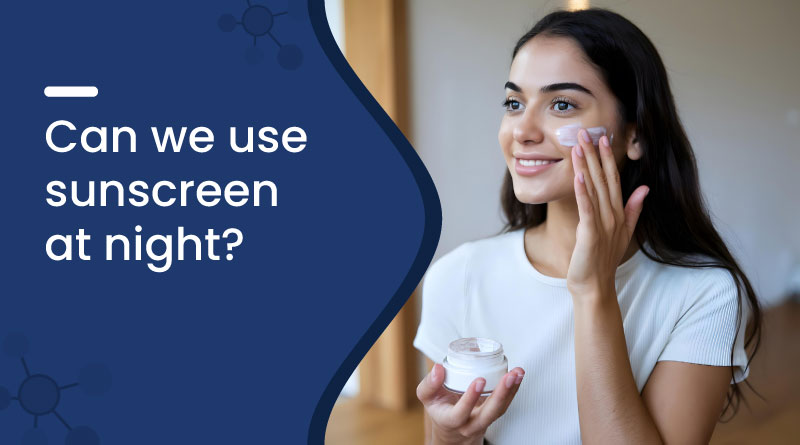

Can We Use Sunscreen At Night?
People often question whether sunscreen should be applied at night. While sunscreen is a crucial step during the day to protect against harmful Ultraviolet A (UVA) and Ultraviolet B (UVB) rays, nighttime brings different skin needs and care priorities. In this blog, we’ll explore sunscreen use at night and tips for an optimal nighttime routine.
What Does Sunscreen Do?
Before getting to whether we should apply sunscreen at night or not, let's see what sunscreen does:
- Protects Against UV Damage: Sunscreen shields skin from UVA and UVB rays that contribute to sunburn, pigmentation, and early signs of aging.
- Anti-Aging Protection: Regular application can lessen wrinkles, fine lines, and age spots caused by sun damage.
- Maintains Skin Health: It helps keep the skin barrier intact, preventing sun-related dryness and irritation.
How to Apply Sunscreen Correctly
Applying sunscreen properly ensures maximum protection:
- Cleansing: Start with a gentle face wash to clear away oil and impurities.
- Use the Right Amount: A generous layer should cover all exposed areas, including the face, neck, and ears.
- Layering: Apply sunscreen after your moisturizer for a smooth base and even coverage.
- Reapplication: During the day, reapply every 2–3 hours if you are exposed to sunlight.
Also read — How to Apply Sunscreen and When to Apply
Should You Apply Sunscreen Before Going to Sleep?
Now, addressing the main question: should you apply sunscreen at night? The answer is simple — No, sunscreen is not needed at night. Here’s why:
- No Sun Exposure at Night: Sunscreens are designed to block UV rays, which are absent at night, making nighttime application redundant.
- Skin Needs Repair, Not Protection: Nighttime is when skin naturally repairs and regenerates, absorbing nutrients from serums and moisturizers.
- Possible Pore Clogging: Sunscreens contain filters that may block pores overnight, potentially leading to breakouts or irritation.
What Happens If You Apply Sunscreen at Night?
Applying sunscreen at night is generally unnecessary and may even interfere with your skin’s natural repair process. Since UV rays are absent after sunset, your skin doesn’t need protection, and leaving sunscreen on overnight can lead to:
- Clogged Pores and Breakouts: Sunscreens contain filters and chemical ingredients that can trap dirt and oil, potentially causing acne or irritation.
- Reduced Effectiveness of Nighttime Skincare: Nighttime serums and creams are designed to penetrate deeply, and a layer of sunscreen can act as a barrier, preventing your skin from absorbing active ingredients.
- Skin Irritation: Some chemical filters in sunscreens may be too heavy for overnight use, especially for sensitive skin, leading to redness or dryness.
- Wasted Product: Since there’s no UV exposure at night, applying sunscreen doesn’t provide any benefits, making it an unnecessary step in your routine.
In short, nighttime is for skin repair, hydration, and nourishment, not protection. Using sunscreen before bed doesn’t enhance skin health and may even disrupt your skin’s natural regenerative processes.
Nighttime Skincare Routine Alternatives
Instead of sunscreen, consider these steps for healthy skin at night:
- Cleanser: Remove dirt, makeup, and pollutants accumulated throughout the day.
- Toner: Helps balance pH levels and prepares the skin for serums and treatments.
- Serum: Use targeted treatments like vitamin C, hyaluronic acid, or retinol.
- Moisturizer: Lock in hydration and support skin repair.
- Eye Cream: Minimizes puffiness, fades dark circles, and smooths fine lines.
Also read — Best Serum for Glowing Skin
Conclusion
Sunscreen is essential during the day but not needed at night. Nighttime skincare should focus on repair, hydration, and nourishment rather than UV protection. By following a consistent evening routine with cleansers, serums, and moisturizers, you allow your skin to rejuvenate naturally and stay healthy for years to come.
Frequently Asked Questions (FAQs)
Q. Can I apply sunscreen before going to bed?
A. Sunscreen isn’t necessary at night because UV rays aren’t present. It may clog pores and reduce the effectiveness of nighttime skincare products.
Q. Can I skip sunscreen if I stay indoors all day?
A. While staying indoors reduces UV exposure, indirect sunlight through windows can still cause damage. However, sunscreen is unnecessary at night when there’s no sun exposure, so focus on repair and hydration instead.
Q. Does sunscreen help repair skin at night?
A. No, sunscreen protects against UV damage but does not aid in nighttime repair. Nighttime skincare should prioritize hydration, nourishment, and active ingredients for regeneration.
Q. What should I use for nighttime skincare instead of sunscreen?
A. At night, focus on cleansing, toning, applying targeted serums like hyaluronic acid or retinol, moisturizing, and using eye cream. This helps your skin repair, hydrate, and rejuvenate naturally while you sleep.
Q. How does nighttime skincare differ from daytime routine?
A. Daytime skincare focuses on protection, mainly from UV rays, while nighttime routine prioritizes repair, hydration, and regeneration. Ingredients like retinol, hyaluronic acid, and nourishing creams work best when your skin is at rest.
Notes
The information above focuses on nighttime care for healthy skin without altering your existing routine content, while ensuring grammar and readability are improved.
Sunscreen SPF 60+, Homosalate, Oxybenzon...
Sunscreen Lotion - SPF 30+

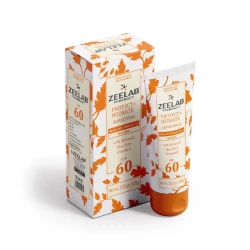
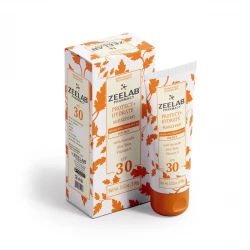
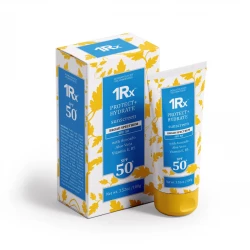


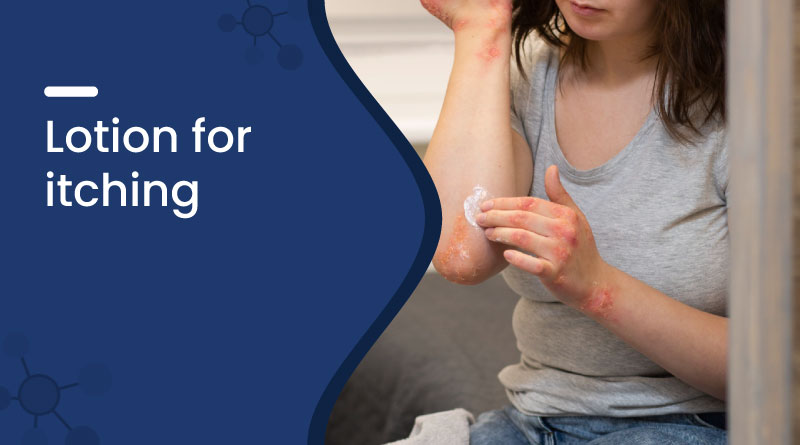
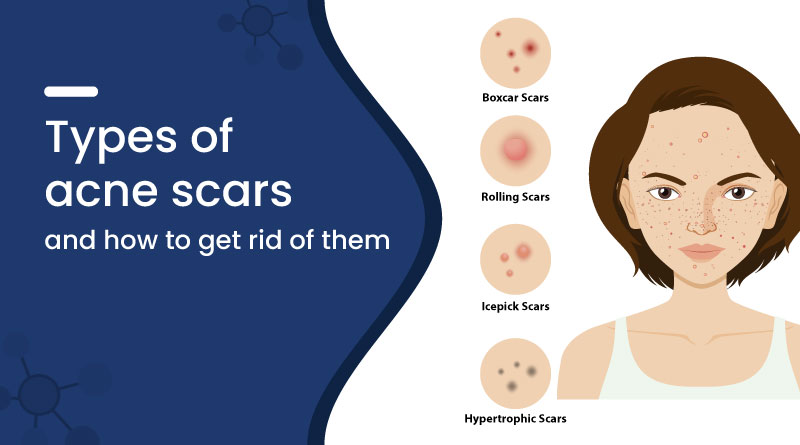




 Added!
Added!